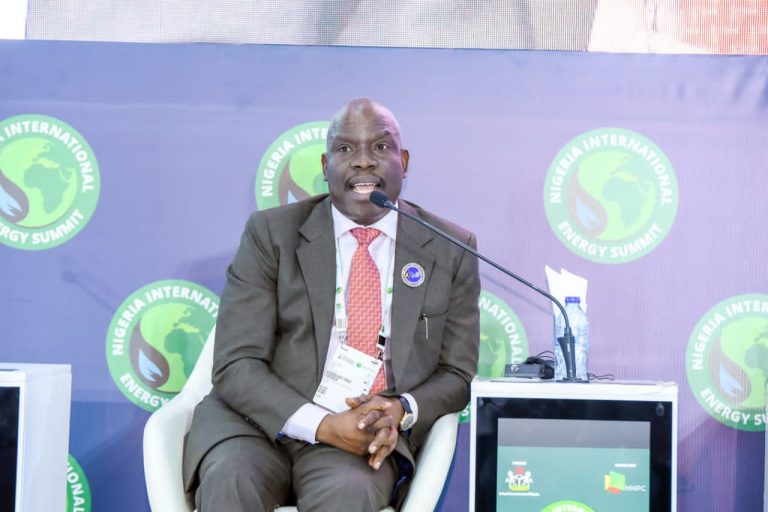From Adanna Nnamani, Abuja
The Nigerian Upstream Petroleum Regulatory Commission (NUPRC) has issued a groundbreaking policy aimed at accelerating decarbonisation and energy sustainability within Nigeria’s upstream oil and gas sector.
The policy introduces the Upstream Petroleum Decarbonisation Template (UPDT), a key regulatory tool designed to align the sector with global energy transition goals and bolster Nigeria’s competitiveness in the international energy market.
According to a statement signed by NUPRC Chief Executive, Gbenga Komolafe, on Tuesday, the issuance of the UPDT is part of the Commission’s broader efforts to promote environmental stewardship and sustainable practices across the country’s oil and gas operations, in line with Nigeria’s commitment to achieving net-zero emissions by 2060.
As the global energy sector increasingly shifts towards cleaner, more sustainable sources, Komolafe said the Commission has positioned the UPDT as an essential framework for driving decarbonisation across all upstream petroleum activities in the country.
“The UPDT is premised on Section 6 (d), (g), (h), (i), (j), and (k) of the Petroleum Industry Act, 2021 (PIA), and similar provisions, which mandate the Commission to promote sustainability measures and enforce environmental stewardship in upstream activities.
“To this end, the UPDT requires licensees and lessees to reduce greenhouse gas emissions, adopt low-carbon technologies, implement energy efficiency measures, and incorporate renewables in their operations. By implementing these, the Commission ensures compliance with Nigeria’s broader climate objectives, including its commitment to Net Zero by 2060.
“Against this backdrop, this Template will become a mandatory component of applications for licences, permits, and approvals across upstream activities, commencing in January 2025. The UPDT mandates the integration of decarbonisation strategies/plans into upstream operations, including Field Development Plans (FDPs), wells, drilling & rig operations, and project/facility engineering. Operators will therefore establish measurable and time-bound greenhouse gas reduction goals aligned with national targets. Companies are also required to demonstrate compliance with the Gas Flaring, Venting, and Methane Emissions Regulations, 2023, and related Guidelines, to eliminate routine flaring and venting in their operations. Additionally, operators must implement methane management programmes such as leak detection and repair, optimise operations using energy-efficient technologies, and integrate renewable energy sources into their projects and operations. The UPDT also stipulates the development of carbon management and monetisation initiatives, including Carbon Capture and Storage (CCS), nature-based solutions, and carbon offset projects.
“Rather than constituting a regulatory hurdle, these measures are designed to enhance Nigeria’s upstream sector’s environmental credentials, attract sustainable energy investments, and ensure alignment with international Environmental, Social, and Governance (ESG) standards. By embedding sustainability at the core of upstream operations, the Commission aims to enable continued access to funding for projects amidst the global shift towards low-carbon energy solutions.
“The Commission therefore calls on stakeholders to adopt these measures as a pathway to achieving long-term sustainability, operational excellence, and regulatory compliance whilst mitigating defunding and financing challenges. In addition to technical guidance, the Commission will provide capacity-building programmes and other support mechanisms to facilitate seamless implementation, commencing with an Industry-Wide Decarbonisation Workshop in Q1 2025.
“With these efforts, the Commission reaffirms its business-enabling posture and commitment to ensuring that Nigeria’s upstream oil and gas industry thrives in the evolving global energy landscape. By prioritising sustainability, the Commission seeks to secure Nigeria’s position as a leader in global energy while contributing meaningfully to international climate action in a just, equitable, and balanced manner,” the statement read in part.
